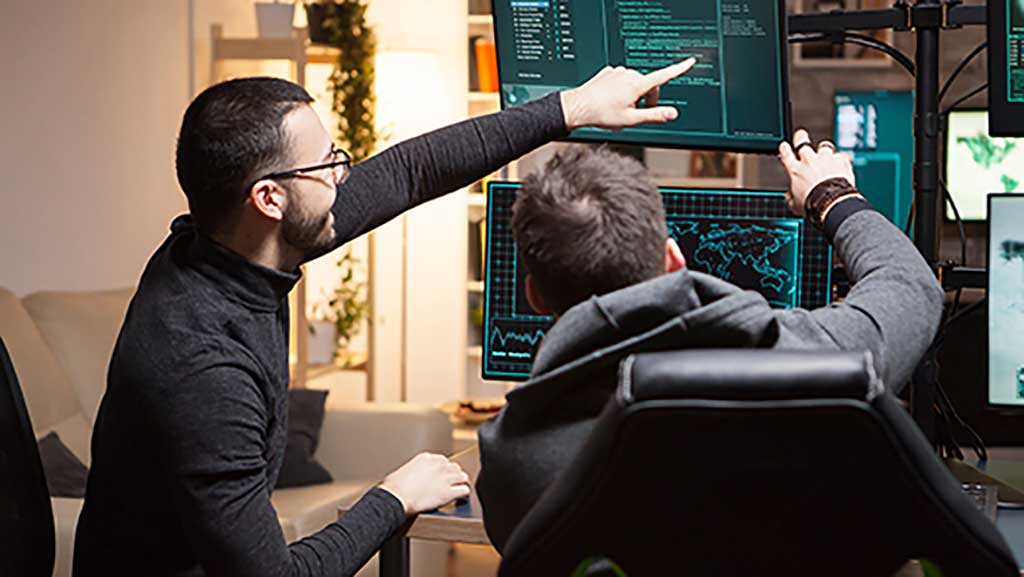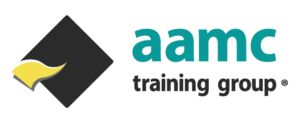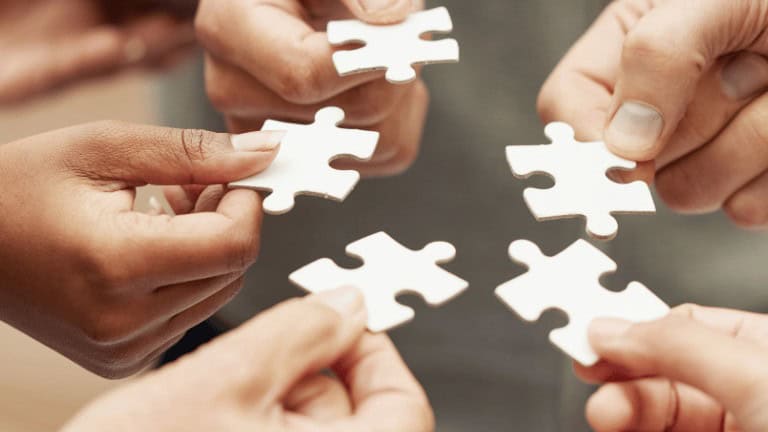12 Skills to stay future proof in 2026

As we cross into the second half of the 2020s, the workplace continues to evolve at lightning speed. Technological advances, shifting global dynamics, and a stronger focus on sustainability and equity have reshaped what it means to thrive professionally. For Australians and professionals worldwide, staying future-proof is less about mastering one discipline and more about embracing a combination of technical, human, and adaptive capabilities.
Here are 12 essential skills you need to cultivate in 2026 to remain competitive, resilient, and fulfilled in your career.
1. Digital Literacy and Fluency
In a tech-driven world, digital literacy isn’t just about knowing how to use a spreadsheet or send an email. Fluency now means understanding how digital systems work, using cloud platforms, navigating AI-assisted tools, and even interpreting data.
Key applications:
- Collaborating through project management tools (e.g., Asana, Notion)
- Analysing dashboards and customer insights
- Using generative AI like ChatGPT for content, code, or strategy
2. Emotional Intelligence (EQ)
As AI takes on more transactional tasks, emotional intelligence has become a defining trait for successful professionals. EQ helps in managing teams, resolving conflict, understanding stakeholders, and fostering trust.
What to focus on:
- Active listening
- Self-awareness and empathy
- Managing difficult conversations constructively
3. Critical Thinking and Problem Solving
2026’s workplaces demand the ability to tackle ambiguity, challenge assumptions, and think laterally. Critical thinking isn’t about knowing all the answers — it’s about asking the right questions and analysing the consequences.
Develop this by:
- Practising scenario planning
- Evaluating information sources critically
- Using decision-making frameworks like SWOT or the Six Thinking Hats
4. Creativity and Innovation
Automation handles repetition. Humans shine with originality. Creativity is no longer reserved for artists — it’s a vital skill in product development, marketing, HR, and even finance.
Fuel your creativity:
- Take inspiration from other industries
- Brainstorm without judgement
- Use design thinking methods to test bold ideas
5. Cross-Cultural Competence
In Australia’s diverse and globally-connected environment, the ability to work with people from different cultures is essential. It enhances team harmony, expands market understanding, and fosters inclusive leadership.
Practical actions:
- Learn about different cultural values and communication styles
- Avoid assumptions or generalisations
- Encourage open dialogue and respectful questioning
6. Adaptability and Learning Agility
With industry disruption as the new norm, your ability to unlearn, relearn and pivot will determine your longevity. Adaptability means staying curious, not getting too comfortable, and being open to feedback.
Try this:
- Set quarterly self-learning goals
- Participate in agile teams or projects
- Reflect on change experiences to extract lessons
7. Data Literacy
Whether you’re in healthcare, education, business or logistics, data is part of every decision. Being data-literate means understanding how to interpret patterns, draw insights, and use evidence to guide your work.
Build your skills by:
- Learning basic data visualisation (e.g., Power BI, Tableau)
- Understanding key metrics and statistical terms
- Asking critical questions about data sources
8. Cybersecurity Awareness
As more business goes digital, so does risk. Every employee — not just IT — needs to understand basic cybersecurity to protect sensitive data and uphold customer trust.
Essential habits:
- Recognise phishing emails
- Use strong, unique passwords with 2FA
- Understand data privacy obligations under Australian law (e.g., Privacy Act 1988)
9. Communication and Storytelling
Whether pitching a new idea or sharing your professional brand on LinkedIn, communication that connects emotionally is powerful. Storytelling elevates dry facts into meaningful narratives.
Hone your message:
- Tailor communication to your audience
- Use real-world examples or analogies
- Practice clarity in written and verbal formats
10. Resilience and Wellbeing Management
Burnout and mental health have become central concerns in the modern workplace. Being future-proof means knowing how to bounce back, seek support, and build sustainable routines.
Future-focused strategies:
- Adopt mindfulness or stress reduction practices
- Prioritise recovery, not just hustle
- Set digital boundaries (e.g., email-free weekends)
11. Collaboration in Hybrid Environments
The future is neither 100% remote nor office-based — it’s hybrid. Success depends on your ability to build rapport, contribute meaningfully, and lead projects across time zones and technologies.
Effective hybrid habits:
- Overcommunicate goals and updates
- Use shared documentation tools (e.g., Google Workspace, Microsoft 365)
- Create inclusive virtual spaces for all team members
12. Sustainability Mindset
From ESG compliance to ethical consumption, businesses are embracing green values. Professionals who understand sustainable practices and contribute to positive impact will be more valued.
To get ahead:
- Understand carbon footprint basics
- Identify ways to reduce waste in your role
- Stay updated on government sustainability policies (e.g., Net Zero by 2050 plan)
Final Thoughts
The future of work in 2026 is not about being the fastest typist or the most experienced in one field. It’s about being a lifelong learner, a thoughtful collaborator, and a human-centred problem solver.
Whether you’re just entering the workforce, transitioning careers, or looking to stay sharp in your current role, investing in these 12 future-proof skills will keep you relevant and ready for what’s next.
Now is the time to ask yourself: Which of these skills will you start developing today?






Responses